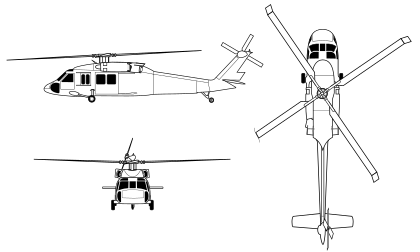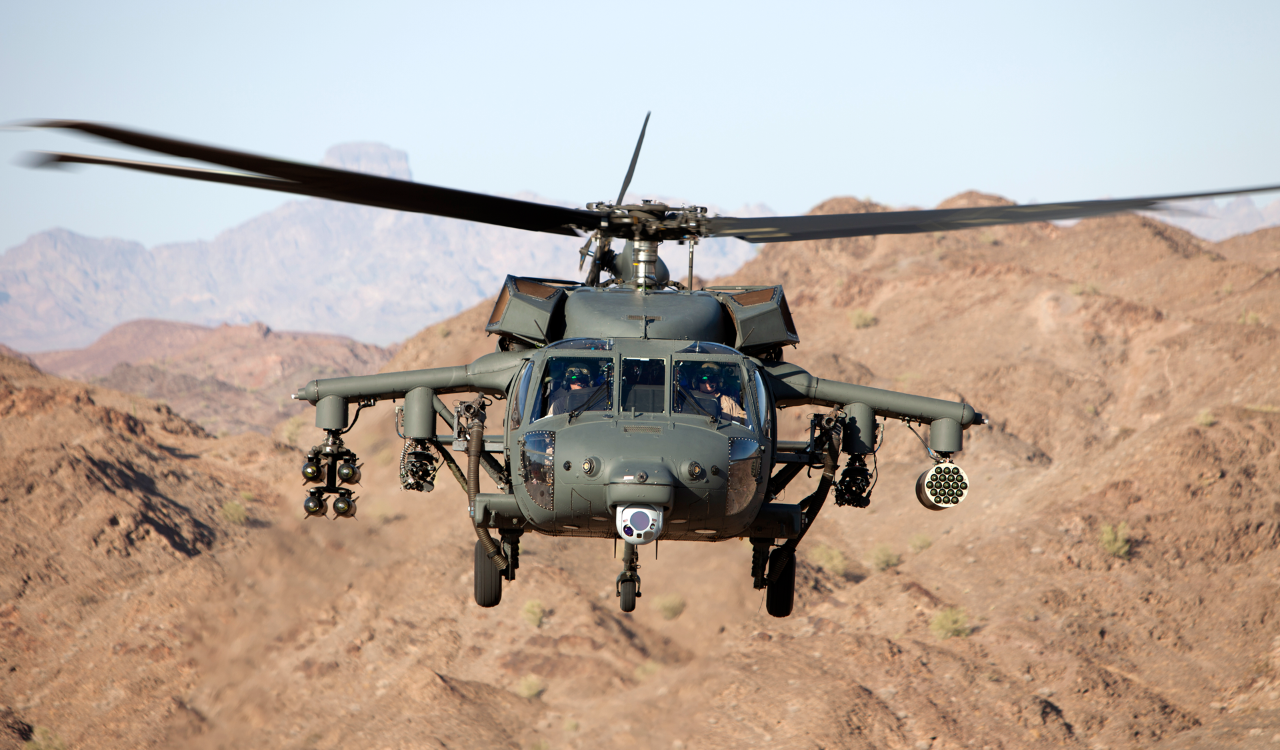UH 60 Black Hawk Helicopter Versions and Their Usages
UH 60 Black Hawk Helicopter Versions and Their Usages
Blog Article
The Effect of Lasting Practices on the Future of Airplane Procedures and Emissions Decrease
As the aeronautics market faces enhancing analysis over its environmental effect, the fostering of sustainable practices emerges as an important pathway towards future airplane procedures and emissions decrease. Advancements in lasting air travel gas and advancements in hybrid propulsion innovations stand at the forefront of this change, encouraging substantial reductions in greenhouse gas emissions.

Introduction of Sustainable Practices
Lasting practices in airplane operations include a series of methods focused on reducing environmental impact while maintaining operational efficiency. These techniques are essential in the air travel industry's commitment to reducing its carbon footprint and adhering to global environmental criteria. Trick efforts include optimizing flight courses to lower fuel intake, boosting maintenance methods to make sure aircraft operate at peak efficiency, and applying sophisticated innovations such as winglets and lightweight materials that enhance aerodynamics.

Training and engaging personnel on sustainability techniques additionally play an important role, promoting a society of ecological responsibility within organizations. Generally, the combination of these lasting practices not only assists lower emissions however additionally enhances the lasting practicality of the air travel field, guaranteeing it meets the demands of both customers and regulative bodies while adding to global sustainability objectives.
Innovative Fuel Alternatives
Numerous ingenious gas choices are arising as pivotal options to decrease the air travel market's dependence on standard fossil gas. Amongst these alternatives, Sustainable Aviation Fuels (SAFs) have gained substantial attention as a result of their potential to reduce lifecycle greenhouse gas exhausts by up to 80% contrasted to standard jet gas. SAFs are originated from various feedstocks, including waste oils, agricultural deposits, and also algae, making them a functional choice for the market.
Another promising alternative is hydrogen gas, which, when made use of in fuel cells, generates just water vapor as a byproduct. This zero-emission potential presents a considerable chance for decarbonizing trip procedures, especially for short-haul trips and regional aircraft. Additionally, electrical propulsion systems are being discovered, leveraging battery technology to power aircraft. While present battery capacity limits array and payload, recurring advancements might soon render electrical flights feasible for details applications - uh 60.
Last but not least, biofuels originated from biomass are being examined, supplying a sustainable option that can be blended with typical gas. Jointly, these innovative fuel choices represent a crucial action toward accomplishing a lasting air travel ecosystem, straightening with global exhausts decrease targets and enhancing the market's ecological stewardship.
Technological Improvements in Aeronautics

Exactly how can technical improvements improve the future of aeronautics? Technologies such as electrical and hybrid propulsion systems are at the center, encouraging significant reductions in fuel usage and greenhouse gas exhausts.
In addition, the execution of sophisticated products, such as lightweight compounds, contributes to improved the rules of aerodynamics and gas effectiveness. The use of expert system and artificial intelligence in trip procedures optimizes path preparation and reduces fuel shed by enabling real-time modifications based upon weather and website traffic problems. Furthermore, the growth of self-governing and from another location piloted airplane systems stands to reinvent cargo and guest transport, possibly enhancing effectiveness while decreasing human mistake.
Furthermore, sustainable aeronautics technologies, including advanced air website traffic monitoring systems, can decrease and simplify procedures blockage, resulting in reduced emissions throughout flight. These developments collectively represent a paradigm change in air travel, assuring a future where sustainability and operational efficiency are intertwined, thereby sustaining the market's dedication to decreasing its environmental effect.

Governing Structure and Conformity
Because of the expanding focus on environmental stewardship within the aeronautics sector, the governing structure controling airplane procedures is advancing to promote lasting practices. Governing bodies, such as the International Civil Aeronautics Organization (ICAO) and different national aeronautics authorities, are introducing rigid guidelines focused on lowering discharges and enhancing functional efficiency.
These policies commonly consist of the fostering of Lasting Air travel Gas (SAF), which has actually been recognized as right here an essential component in accomplishing reduced carbon footprints. Furthermore, conformity with these guidelines needs airlines to execute operational practices and sophisticated technologies, such as maximized trip paths and enhanced air website traffic administration, to decrease fuel usage.
Furthermore, the enforcement of exhausts trading schemes and carbon balancing out efforts is becoming progressively widespread, engaging airline companies to keep an eye on and report their exhausts precisely. Non-compliance can result in substantial fines, therefore pushing operators to prioritize sustainability in their organization versions.
Ultimately, the evolving regulative landscape not just drives development and investment in green technologies yet additionally fosters a culture of accountability within the aviation market. As these structures continue to develop, the concentrate on sustainable methods will certainly be important to achieving the sector's lasting ecological objectives.
Future Fads in Aircraft Workflow
As the aeronautics sector adapts to an increasingly rigorous regulatory setting, future trends in airplane operations are set to concentrate on innovative services that further improve sustainability and efficiency - uh 60. Secret growths will likely consist of the adoption of sophisticated air web traffic management systems, which utilize real-time data and expert system to enhance trip paths, reducing gas intake and exhausts
One more substantial fad is the enhanced combination of sustainable air travel gas (SAFs) These options to traditional jet fuel, derived from renewable resources, can dramatically reduce lifecycle greenhouse gas emissions. The industry's dedication to SAFs will likely speed up as airlines work together with fuel manufacturers to ensure availability and cost-effectiveness.
Additionally, the push in the direction of electrification and crossbreed propulsion systems is obtaining momentum. Arising airplane designs will integrate these modern technologies, supplying quieter and extra reliable operations, particularly for short-haul flights.
Final Thought
Finally, the assimilation of lasting methods in aircraft procedures holds considerable possibility for emissions decrease and boosted effectiveness. The adoption of lasting aviation gas, coupled with advancements in electrical and hybrid propulsion systems, is necessary for lessening lifecycle greenhouse gas emissions. Additionally, maximizing flight courses and accepting innovative site link modern technologies add to a quieter and much more eco-friendly aviation field. Collectively, these initiatives line up with global sustainability objectives and lead the means for a greener future in aeronautics.
Developments in lasting aviation fuels and advancements in hybrid propulsion innovations stand at the center of this transformation, appealing considerable reductions in greenhouse gas discharges.Various innovative gas alternatives are emerging as critical solutions to decrease the aviation market's dependence on standard fossil fuels - uh 60. Amongst these choices, Sustainable Aeronautics Gas (SAFs) have obtained considerable attention due to their possible to reduce lifecycle greenhouse gas emissions by up to 80% contrasted to conventional jet gas.Another substantial pattern is the increased assimilation of sustainable aeronautics fuels (SAFs) The fostering of lasting air travel gas, paired with developments in try this website electric and hybrid propulsion systems, is vital for lessening lifecycle greenhouse gas emissions
Report this page